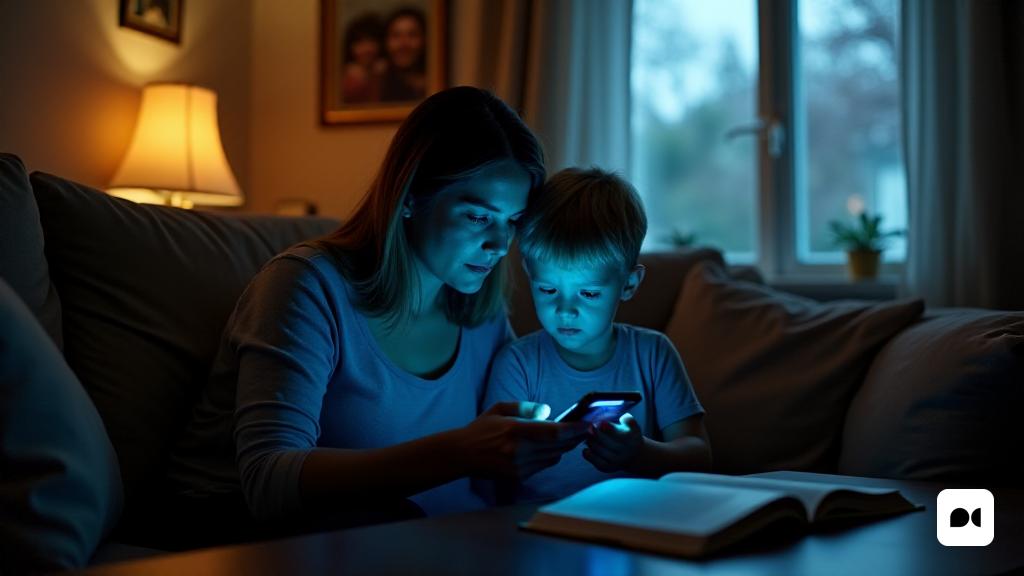The forgotten version of the Caputxeta
The well -known tale of the Red Riding Hood presents a narrative that, while we are familiar, hides a deeper message. In Charles Perrault’s original narrative, the outcome is not the typical fairy tale, but shows us the protagonist’s vulnerability in front of a cunning wolf who is not detained by a hero. This story warns us about the dangers around us, warning that true danger is often unmistakable.
Opening the door to danger
In the current digital age, many parents seem to forget this notice. When buying a smartphone for their children, they are actually letting the wolf in their homes. This device, which promises connection and fun, can be transformed into a vehicle of danger that threatens the innocence of the youngest.
The impact of the screens
Screens, and especially social media, have the power to captivate and distort children’s perception of the world. The content they consume, often designed to attract attention aggressively, can affect their emotional development and their ability to discern. The algorithms that govern these platforms favor what is scandalous and extravagant, displacing the focus of education and truth.
The challenge of being parents today
The role of parents in this context is more crucial than ever. We need to be guardians of the emotional and spiritual well -being of our children. There is no real need for a minor to have a smartphone; However, what they really need are significant relationships, care and moments of quality with the family.
The importance of saying ‘no’
To say ‘not’ can be a challenge, but it is an act of love that will protect our children from negative influences. True happiness does not come from electronic devices, but of the time we spend together, meaningful conversations and shared creativity.
Reinforcing values in a digital world
We need to clean our environments from the distractions that separate us from the essential values. Prayer, family activities and personal interaction must be priority. In a world where the brightness of a screen can be tempting, the true value lies in the connection with others and knowing that we are loved.
The responsibility of parents
With the information we have today on the harmful effects of smartphones on minors, negligence is not an option. Our responsibility is to act with consistency and determination to protect your mental and emotional health. Each decision we make now will impact its future and its ability to authentically connect with the world.

